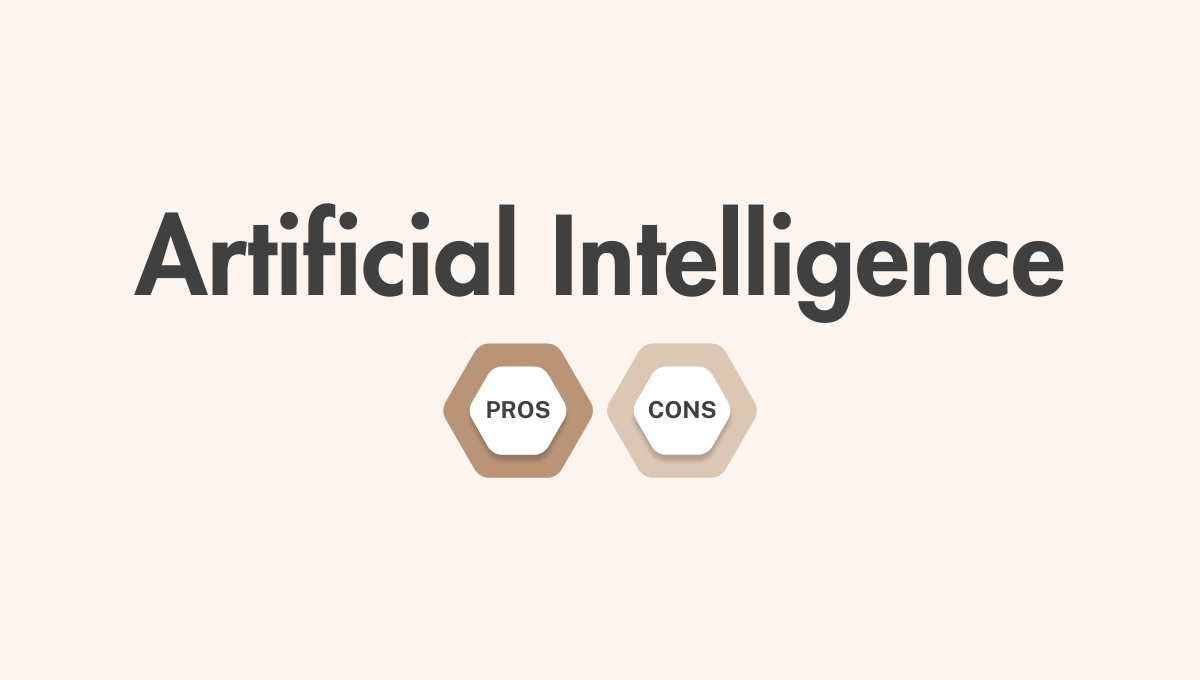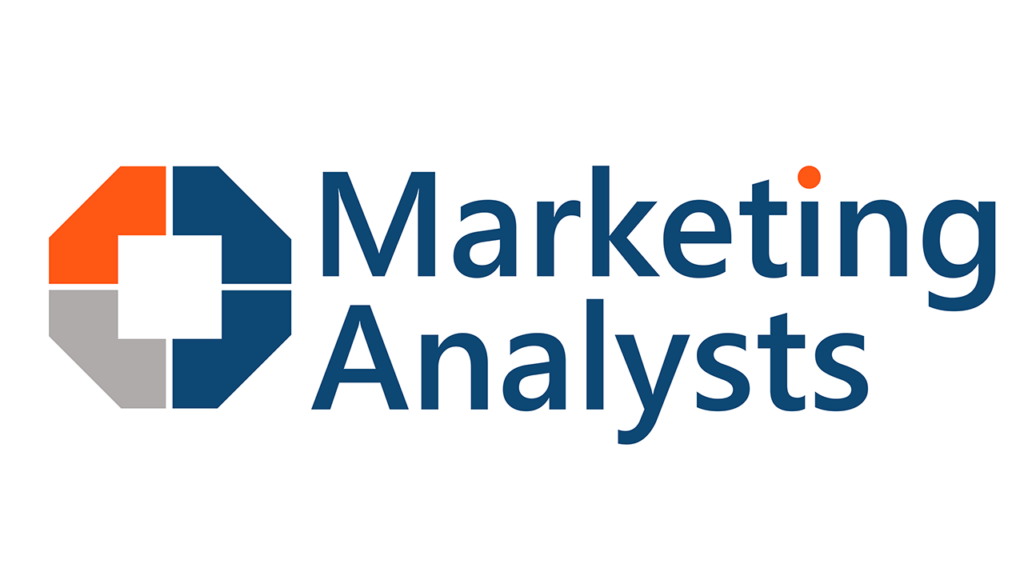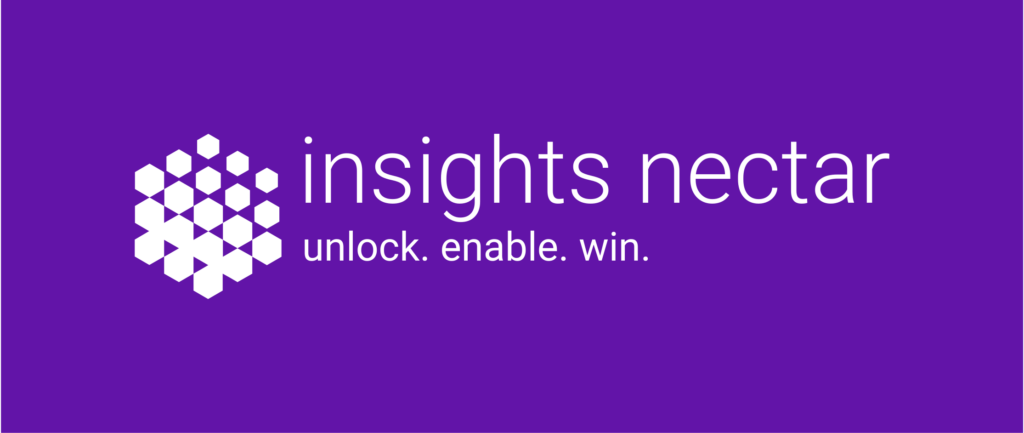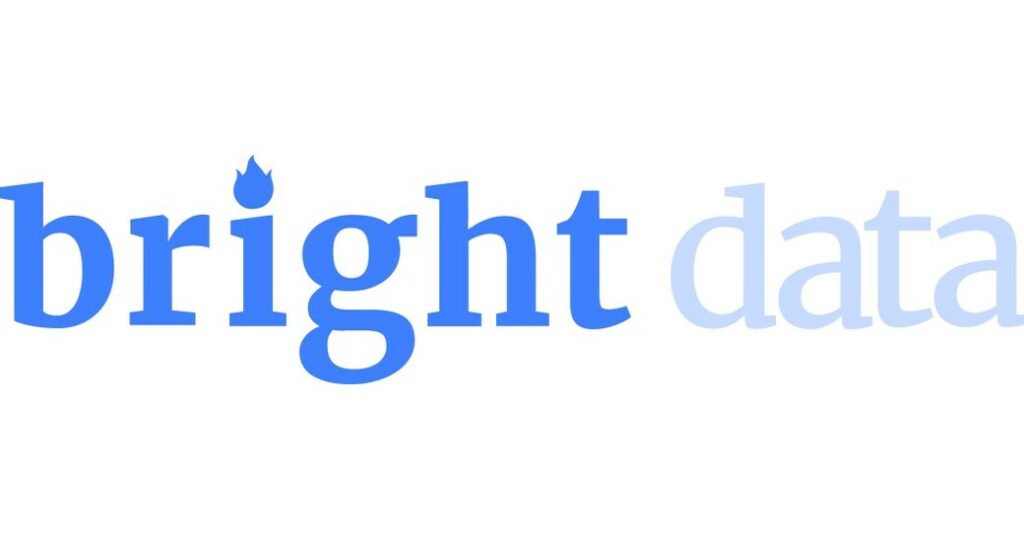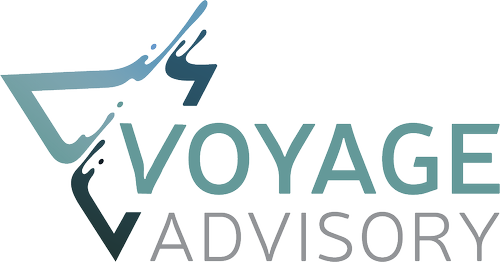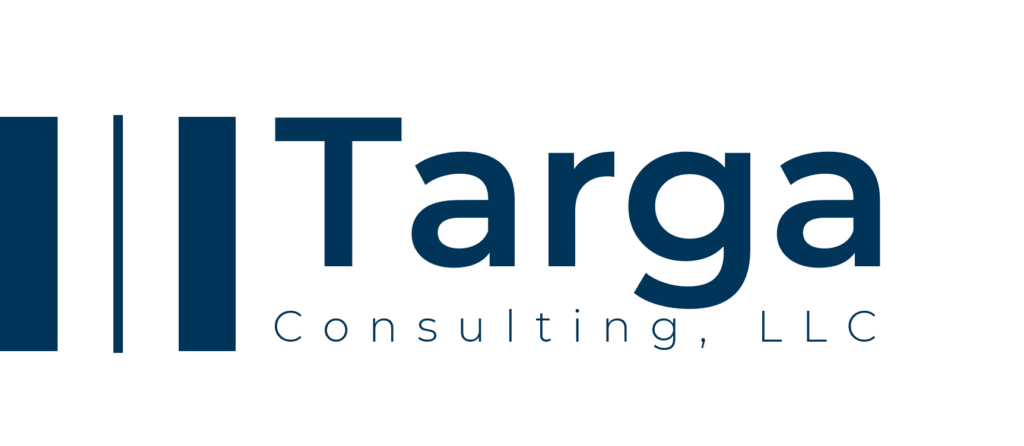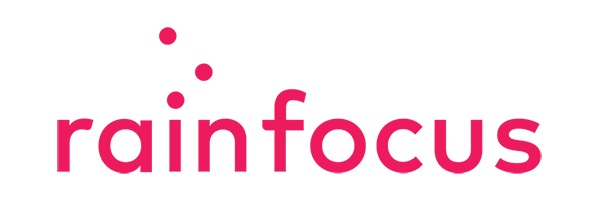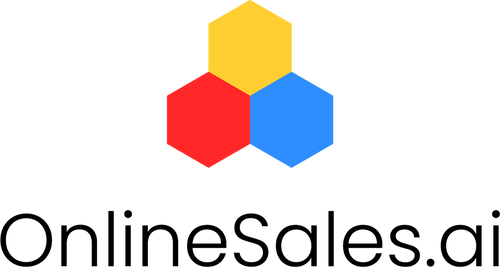Artificial Intelligence is used in almost every field. From writing to sales, customer service to programming, it dominates every field. It’s also doing wonders in making marketing efforts 10x for companies. It’s changing the way businesses interact with customers.
According to statistics, 42% of U.S., U.K., Indian, and Canadian marketers actively use artificial intelligence to personalize their content and offers in real-time. Meanwhile, 39% use Artificial Intelligence to improve their email send time.
However, everything has cons, and Artificial Intelligence in marketing is no exception. You should know about the advantages and disadvantages of AI in marketing.
Are you ready to learn more about the pros and cons of artificial Intelligence in marketing? This will help you clarify the issue of integrating AI into your marketing. So, let’s get started.
What is AI Marketing?
AI in marketing isn’t just a trend that will soon fade away. It’s a technology that is reshaping the marketing industry. AI marketing allows marketers to extract vast amounts of data within seconds. This data includes meaningful insights and data that can level up your marketing. It’s as if you have a team of marketers, analysts, and strategists working with you to navigate the complexities of marketing. It saves you a lot of time and energy.
Data is the fuel on which businesses run successfully. With AI, marketers can tap this goldmine of data and make data-driven decisions. It helps ensure the outcome is according to expectations.
You can have a marketing person with you 24/7 who helps you create personalized hyper-targeted campaigns. It helps you fight the right audience and provide them with incredible customer service. But how exactly does AI contribute to marketing?
It begins with loads of Artificial Intelligence data. The AI algorithm feeds the data and then uses it to analyze the trends and insights. It allows marketers to segment their audience better. You can automate several tasks, such as content creation, campaign optimization, customer segmentation, etc.
Pros Of AI In Marketing
AI can do wonders, but you must know how to use it properly. If you’re still skeptical about its benefits, let’s examine how it can change the trajectory of your marketing results.
Better Personalization
AI can detect intricate behaviors and changes, which can play a crucial role in campaigns. Algorithms analyze historical data and can easily discern purchase histories. They go one step ahead, even predicting their next action.
As a marketer, you can use these insights to create hyper-personalized campaigns that resonate deeply with your customers. According to stats, companies that grow faster focus more on personalization. So, in a way, we can say that personalization is the key to business success.
Even big companies such as Starbucks use AI to provide personalized customer experiences
. It also contributes to customer loyalty and improves customer interactions.Improved Customer Insights
Analytics derived from AI provides in-depth knowledge about customers. It not only identifies your target audience but also tells about their:
- Likes and dislikes
- The choices they make
Businesses use this data to refine their products, services, and marketing. In one case study, Deloitte assisted a pharmaceutical company in analyzing around five years of data across 700,000 healthcare providers. But how did they make it possible?
They used cognitive tools to increase customer satisfaction and reach. This resulted in a 50% reduction in subscribers who opted out of emails. The core reason behind that is that the company learned about customers’ needs.
Enhances Efficiency and Productivity
With automation, you can do days of work within hours. It’s truly a game-changer that is shifting the way companies do marketing. Companies are no longer relying on manual work only. Instead, they are using automation, which is enhancing efficiency and productivity.
After chatGPT was introduced, many marketers used it to create content. A survey was conducted to understand the impact of Artificial Intelligence on businesses. The results of the survey gave us a complete overview of the future of generative AI.
More than 90% of participants improved their efficiency and performance. The performance level of people using chatGPT was 40% higher than those not integrating AI. After all, content creation is the backbone of marketing. With AI, you can make these tasks much easier.
Predictive Analytics
Predictive analysis is generally the procedure in which loads of data are used to analyze future outcomes. It generally provides the answer to the question:
What might happen next?
How will the customer market change?
What changes you can expect in the industry?
In this process, data is analyzed. Machine learning, artificial Intelligence, and statistical models are used to find patterns and then predict future behavior. According to research conducted by Forbes, many companies have been using AI to do predictive analysis.
Reduces The Costs
You have to make the initial investment in getting an Artificial Intelligence tool, but in the long run, it can save a lot of money. When you automate tasks, all the guesswork is automatically eliminated. This increases ROI and makes AI an excellent choice for businesses of all kinds, large or small.
You don’t have to create your own AI systems. You can use AI tools already available in the market to your advantage. There is a high chance that the existing AI tool will perfectly meet your requirements.
Cons Of AI For Marketing
It wouldn’t be right to state only the good points of AI for marketing. Right?
That’s why, in this article, we’ll provide transparent knowledge. It’ll help you know the disadvantages of incorporating AI in your marketing. So, let’s look at some of these.
Concerns Regarding Data Privacy
Privacy breaches are one of the biggest problems of the time. With AI, these concerns are raised even more. That’s why it’s important to ensure compliance with regulations like GDPR. AI algorithms are becoming more complex. This poses a great risk of mishandling all customers’ data. It does have severe consequences, such as fines, punishments, and poor brand reputation.
Companies are already taking steps to safeguard consumers’ data. The European Union has taken this step and made an AI Act. It is a crucial step in AI regulations. The aim is to balance the advancement and growth of the business while maintaining individual rights and privacy.
Not Easy To Implement
If you think you’ll use AI just like everyone else, add the same prompt, and get exceptional results, that is not the right approach. Implementing AI in marketing requires assistance from a skilled individual or team who knows the strategy. Many organizations are facing difficulty integrating AI smoothly into existing systems.
Then what’s the solution here?
To ensure seamless integration of AI into your systems, you need to partner with the AI team, which consists of individuals or companies with enough experience and expertise. Just downloading apps or plugins will not work. You must think beyond that and view it from a different perspective.
Heavily Dependent on Technology
When companies start heavily relying on AI, their business becomes vulnerable. Many outbreak glitches or system failures can disrupt all marketing efforts. This also impairs the ability to be efficient and productive without relying on AI.
So, companies prefer automation even for small tasks. What’s the best use case of AI here?
Instead of running to AI for every task, you should focus on core tasks. Strategize which tasks need to be completed with the help of:
- AI
- By your team
- Outsourcing to freelancers
- Doing it yourself
It’s best to follow a balanced approach. That’s how you’ll be able to incorporate AI strength with your experience and expertise.
Has Extreme Bias
There are many reports regarding how AI is extremely biased. It happens because AI is fed large data sets of information. This information can be skewed or already collected on biases.
Let’s understand it with an example.
Suppose historical data is used to train a hiring algorithm. However, the algorithm is biased for certain demographics, such as gender, race, culture, etc. As a result, the AI may unfairly discriminate against those groups.
Lack of Creativity
AI is not the answer if you want to create out-of-the-box or creative campaigns. When you use LLMs such as chatGPT, Gemini, and Bard, you may feel they provide exceptional ideas. But most often, they are impractical, and the LLMs don’t create them out of nowhere.
It can’t generate ideas on its own. That’s why you should know how to use it like an expert and always add a human touch.
People no longer want to connect with robotic brands. Generative AI is good only if you know how to use it. If you don’t use it correctly, all the content will be repetitive, and people will get bored seeing your brand.
Final Words
We have discussed AI in marketing, including its good and bad. It can’t be denied that Artificial Intelligence is a true game changer for businesses that want to grow and build an unshakable brand identity.
However, we can’t ignore the ethical concerns and problems AI is raising. The real question is, then, what should you do? Should you integrate AI into marketing or not?
You should have a proper check and balance to ensure you don’t suffer negative consequences.
Luminoso is an Artificial Intelligence tool that is a goldmine for marketers. It allows them to gain access to customer data, sentiment analysis, and much more. Want to know more about Luminoso?
Check further details here.
